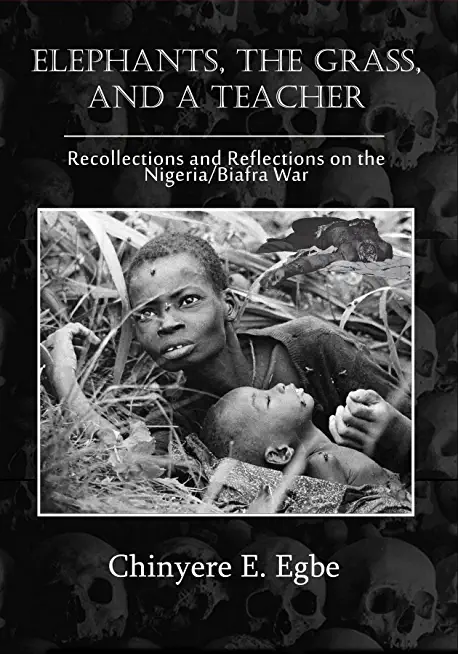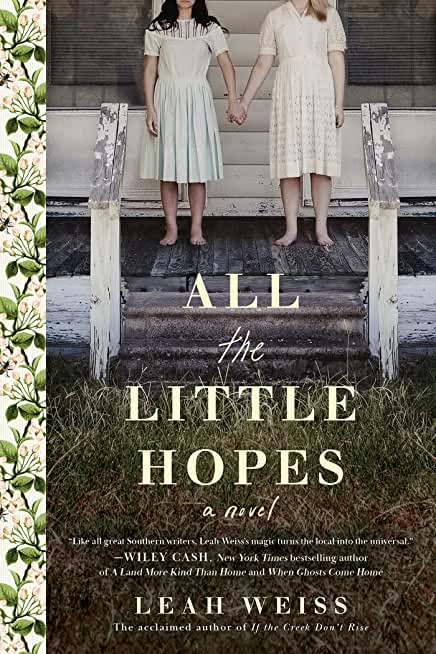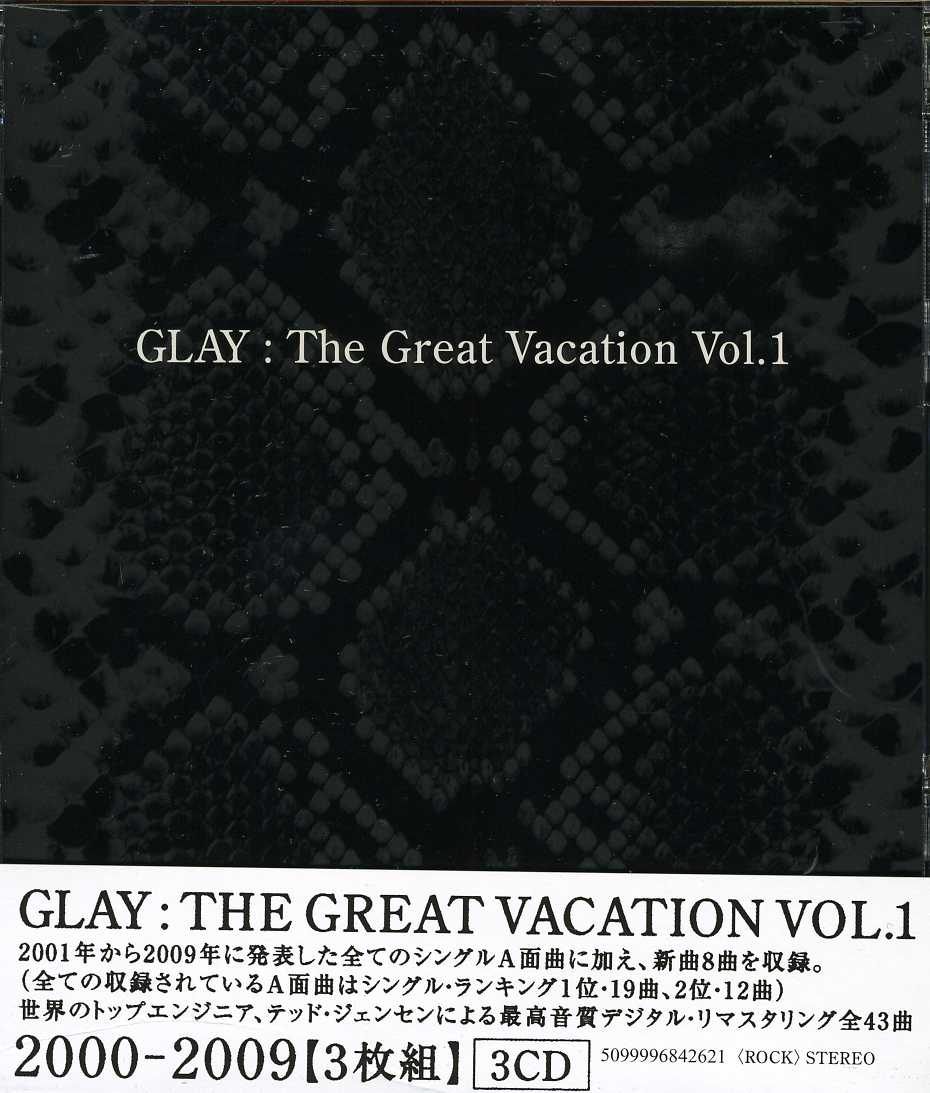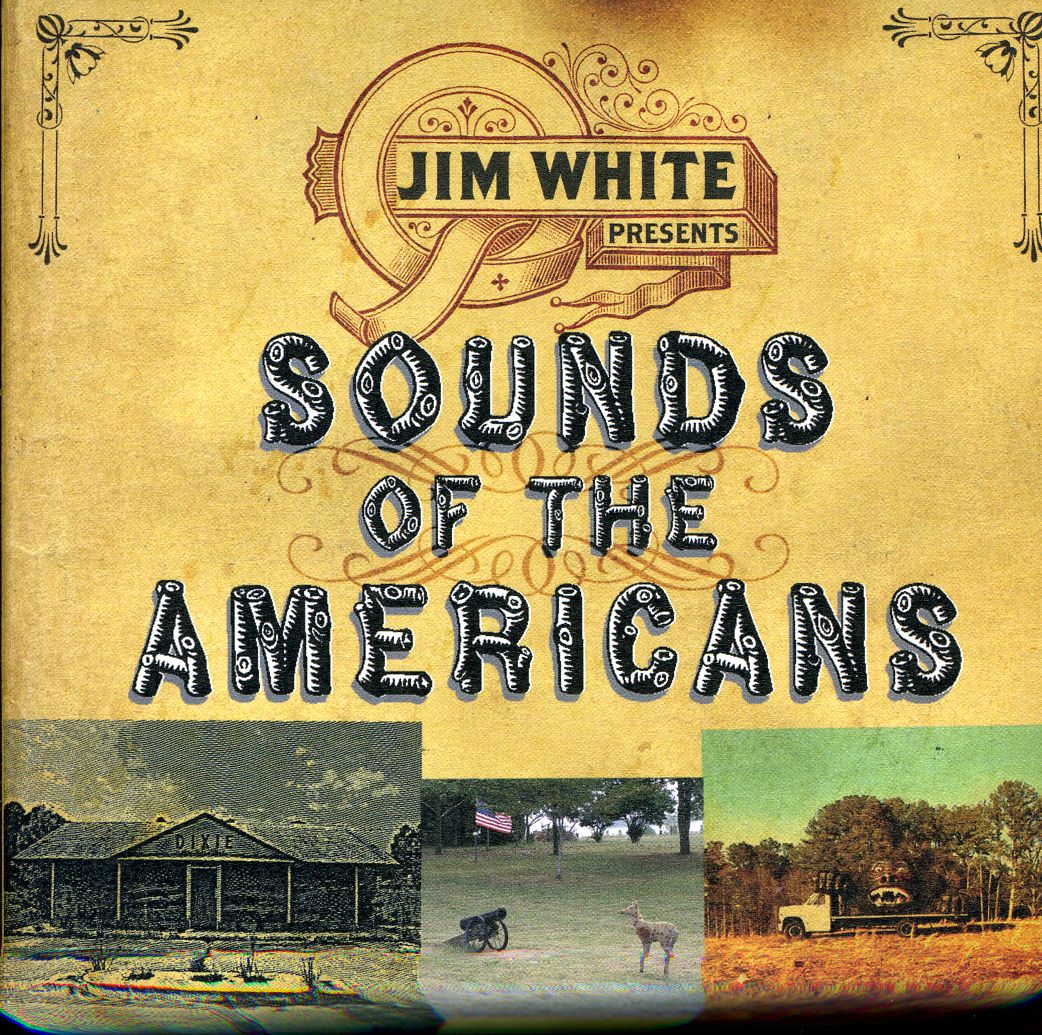
Egbe, Chinyere E.
product information
description
2In this book, Elephants, the Grass, and a Teacher, Dr. Egbe presents a masterful rendition of his experiences during the Nigeria / Biafra War. Though the book is a captivating rendition of Dr. Egbe's personal and family experiences, it is equally a masterpiece of integrative analysis of personal experiences within a complex conundrum of national events, the history and experiences of the Igbos within domestic and global politics. The book begins with Dr. Egbe's rueful soliloquy one day after the war ended where he lamented that after all the bloodshed, the suffering of the masses, the war ended uneventfully as if it was all about a masquerade spectacle. For, in the end, the people who died during the war were the poor farmers in the villages, the common laborers, and the market traders in the urban areas. Those who died of starvation were the poor malnourished children of low-income villagers. Dr. Egbe presents several harrowing experiences and close calls with the annihilation of his family. The Elephants represent the privileged, the Grass the Masses, and the Teacher represented his father (a celebrated teacher) who, both by his presence and even in his absence, saved and shielded the family from annihilation. For example, after Dr. Egbe's siblings and their mother were tied up to be executed by Nigerian soldiers in early May 1969, one of the soldiers discovered a photograph in which their dad was pictured with the very battalion commander who had sent them to go and arrest the entire family. Moreover, one of the division commanders in the war was also in that same picture. Another hallmark of Dr. Egbe's book is the objectivity of his analysis. Dr. Egbe challenges each side in the conflict to appreciate the other side's legitimate grievances. The author calls on the Igbos to be more realistic about how much diplomatic support they should have expected from outsiders, and questions the grudge that the Igbos held against Awolowo.
member goods
No member items were found under this heading.
Return Policy
All sales are final
Shipping
No special shipping considerations available.
Shipping fees determined at checkout.







